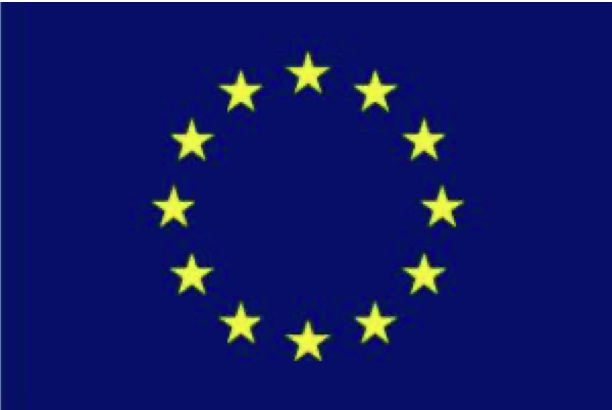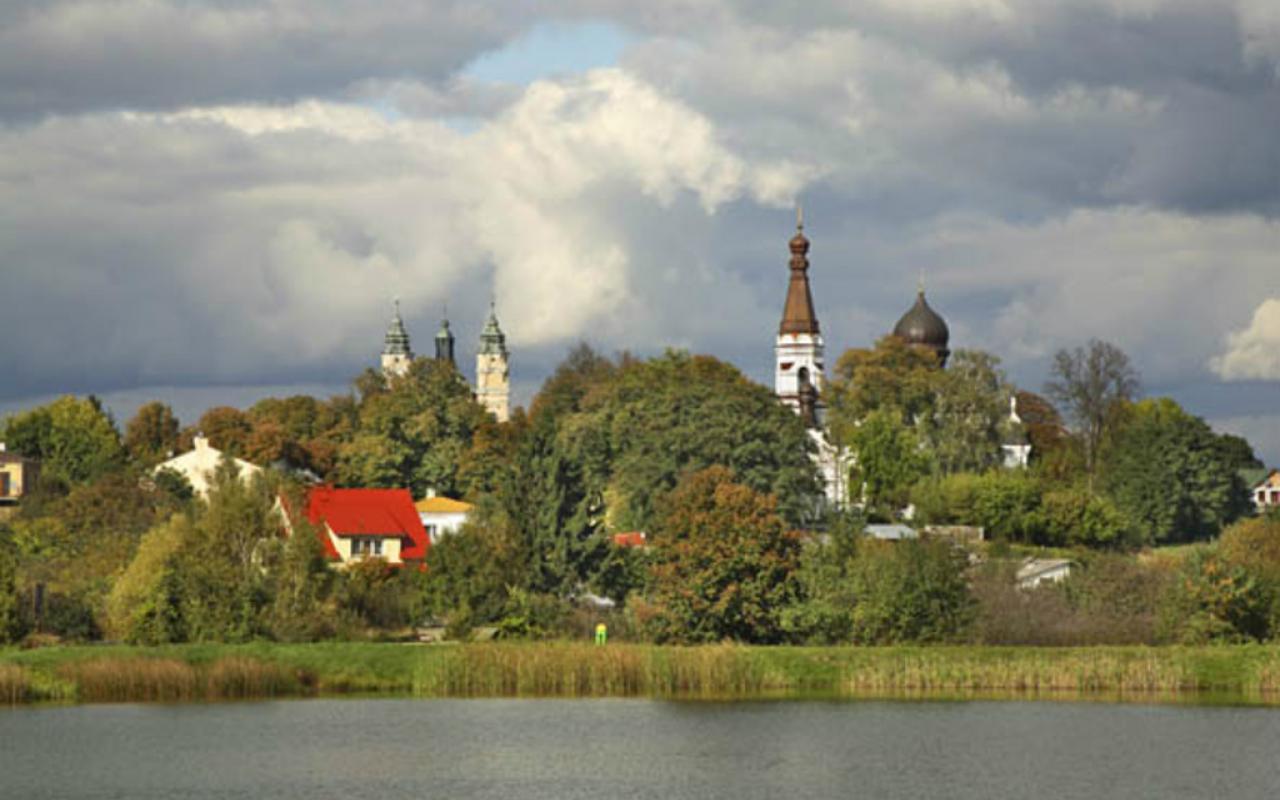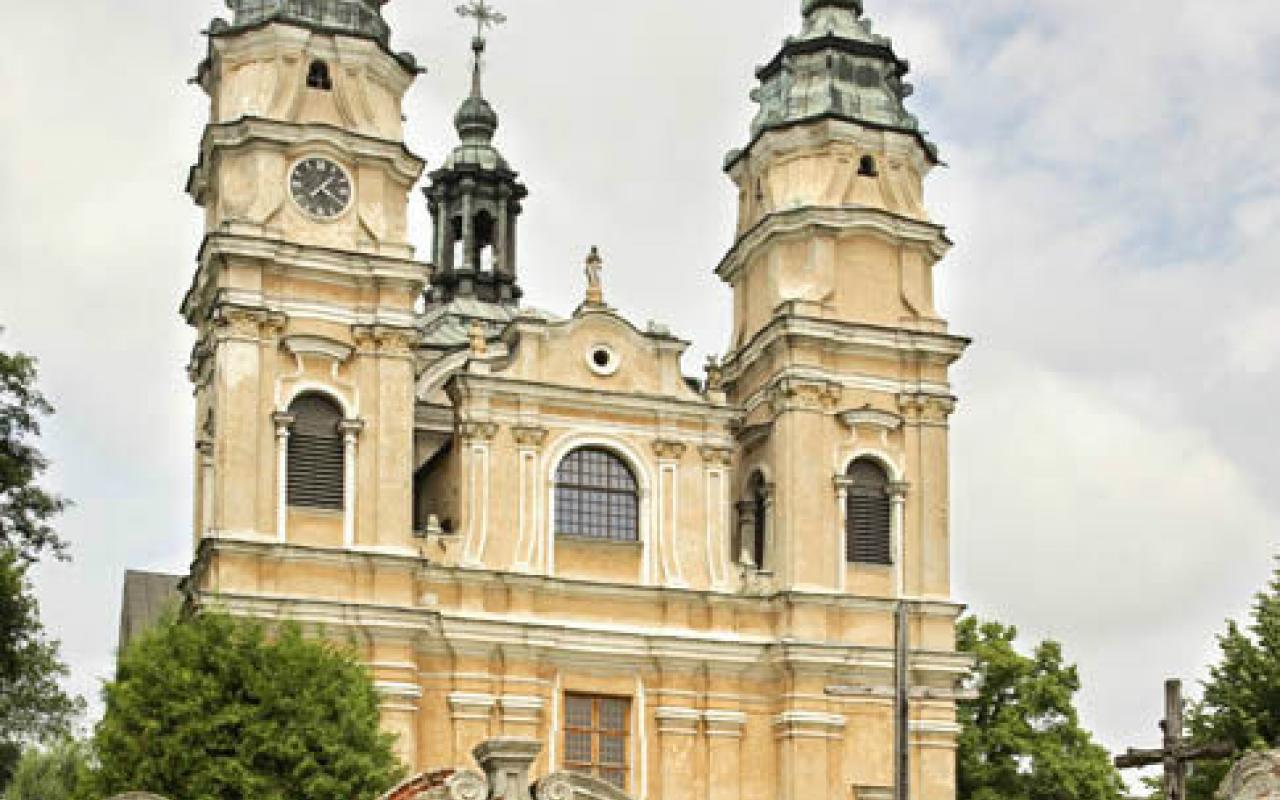Влодава
Влодава — місто у Люблінському воєводстві з населенням понад 14 тисяч осіб, центр однойменного повіту.
Włodawa is a town in the Lublin Voivodeship with a population of over 14,000 people, centre of the county. It lies close to the border with Belarus, at the place where a small river Włodawka joins the Western Bug.
The first mention of Włodawa dates back to 1242 and appears in the Galician-Volhynian Chronicle. It was a part of the Principality of Galicia–Volhynia until 1366 when King Casimir III the Great joined the western part of this principality to Poland as a result of the victory over Lithuania. In the middle of the 15th century Włodawa was incorporated into Lithuania by the decision of King Casimir Jagiellon, who annexed the disputed border areas to the Grand Duchy.
In 1475, by way of exchange, Włodawa came to the sons of Duke Sanguszko, Mykhailo and Oleksandr. As a result of an agreement between the brothers, Duke Oleksandr acquired the right for lands tenure. In 1491 the lands were inherited by his son Mykhailo, the founder of the Koshyrskyi line of the Sanguszko family. After his death in 1501, the possessions were divided between his brother Andrii and his widowed wife Anna. Soon Andrii paid off his sister-in-law, took over the property and considerably extended it. Since 1525 it was actually run by Andrii’s son Fedir, Marshal of the Volyn land. On 18 March 1540 he issued a document confirming the Magdeburg right of Włodawa. Along with the creation of the town, a castle was built in Włodawa which, apart from administrative functions, served as the residence of the Sanguszko family. It was one of the main seats for representatives of the Nesukhoiz line until at least 1571. At that time Włodawa makes a “city of three cultures” with a Catholic church, an Orthodox church and a synagogue.
After Fedir’s death at the turn of 1547 and 1548, the Włodawa estate was inherited by his elder son Dmytro. He owned it until his tragic death in Czech Jaromierz at the beginning of 1554. Then the assets in Włodawa were owned by his brothers Roman and Yaroslav. Finally, in 1556 it was decided that Roman would become a sole owner of Włodawa. The honoured soldier, statesman of the Grand Duchy of Lithuania devoted much time to political and social activities. At the same time, he took good care of the estate and admired Włodawa. He was often called Duke of Włodawa.
Roman died on 12 May 1571 leaving a five-year-old son Fedir Roman and three daughters. Fedir Roman died in 1591 as the last male member of the Nesukhoiz line of the Sanguszko family. The estate was inherited by his sister Fedora. Later it came into possession of her third husband’s family Leszczynski. Still, after Fedora’s death in 1598 representatives of the Koshyrskyi line of the Sanguszko family tried to claim the rights to Włodawa but without success.
More than a century-old history of Włodawa being owned by the Sanguszko dukes left no material traces...
Catering:
Atmosfera Caffe (12A Partyzanov Str., Wlodawa).
Tavern "U Jędrka" (12A Sushno Str., Wlodawa, route Wlodawa-Biala Podlaska).
Restaurant "VENUS" (16, Józefa Pilsudski Ave., Wlodawa).
Bar "816" (18 Rinkova St., Wlodava).
Coffee "Centrum" (44 Chvorobok Str., Wlodawa).
Accommodation:
Hotel Podkowa (3, Kraszewskiego Str., Włodawa).
Hotel and Restaurant "Czar Polesia" (4, Sokolowa Str. Włodawa).
Places of interest:
Seven kilometres from Wlodawa on Lake Bile is the summer resort Okuninka in Leczyn-Włodawa Lake District. Since the 1960s, recreation centres and hotels have been built there, which today occupy the shores of Lake Bile on three sides, more than 40 of them. In addition, there are several discos, dozens of restaurants and bars, and in summer - an amusement park. The village is located on the northern shore of the lake and is mainly engaged in agritourism.
Resorts, cottages and lounges are usually rented seasonally, but there are hotels and resorts that are open all year round for those looking for wellness and relaxation outside the holiday season.




